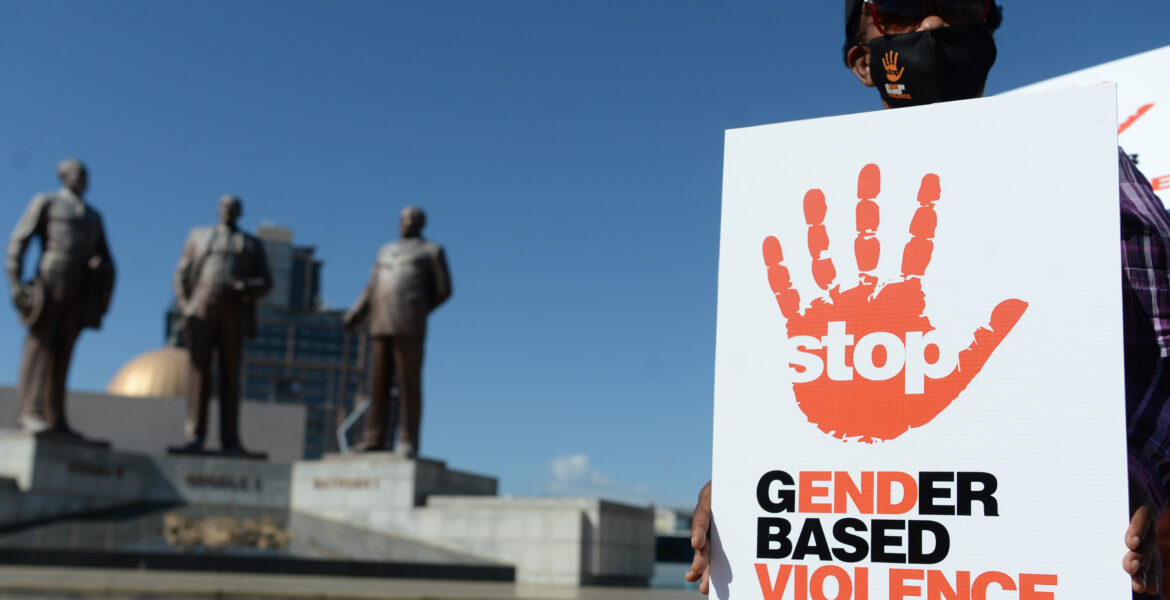Fresh off Botswana’s relay gold, the nation now faces a stark low, ranked among the world’s 10 least safe countries as gender-based violence cases continue to rise.
GAZETTE REPORTER
Botswana has slipped further in global safety rankings as persistent gender-based violence (GBV) and entrenched inequality erode the sense of security among its citizens, particularly women.
This is according to Gallup’s 2025 Global Safety Report titled “A Safer World in Unsafe Times?” Gallup is a research and analytics organization known for conducting global surveys and opinion polls.
Bottom 10
In its latest survey of adults aged 15 and older in 144 countries, Gallup asked whether people felt safe walking alone at night. Botswana ranked third from the bottom globally, alongside South Africa, Lesotho, Zimbabwe, and Eswatini, making southern Africa one of the world’s least safe regions despite being far from geopolitical conflict.
This year, only 34% of Batswana said they felt safe walking alone at night, a slight rise from 32% in 2024. Yet the country’s overall Law and Order Index ranking slipped from 60th to 64th. South Africa fared even worse, with just 33% of its citizens reporting they feel safe—the lowest percentage worldwide.
Gender Divide
Gallup Chief Executive Officer Jon Clifton said the findings reveal a troubling gender gap.
“Women, in particular, remain less likely than men to feel secure, a gap that persists across more than 100 countries, regardless of income or stability,” Clifton noted. “The lesson is simple: real safety is about more than avoiding conflict. It depends on trust, strong institutions and people working together.”
For Botswana, the figures reflect the prevalence of GBV. Studies show that women are disproportionately targeted in intimate settings: 56% of intentional homicides involving women are committed by a partner or family member, compared to 11% of male victims. While men face higher risks of violence in public spaces, women face persistent threats in their homes and communities.
Inequalities
In Botswana, the issue is compounded by broader gender inequalities. Women still hold fewer rights than men in areas such as economic freedom, mobility and marital autonomy. Globally, women enjoy only three-quarters of the legal rights afforded to men, and less than half of countries have achieved gender parity in primary education.
Gallup’s report stresses that countries with relatively low levels of overall violence may still exhibit high rates of violence against women. It recommends that governments “recognize gender-based differences in experiences of violence and perceptions of safety, and develop policies that address direct threats and underlying structural conditions that disproportionately affect women.”

